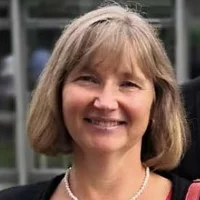The SFP activities are connected with several international programs:
- Spent fuel behaviour under severe accident conditions
The severe accident code MELCOR was used to investigate the spent fuel in spent fuel pools under different severe accident conditions. The international Sandia Fuel Project delivered data for the code validation under spent fuel pool conditions and these knowledge was used to calculate and interpret the response of spent fuel elements under different loss-of-cooling conditions. The results of this work was presented at different international meetings. - Application of PSI air oxidation model on SFP accidents
An air oxidation model developed at PSI was used to get best estimate results during a postulated spent fuel pool accident. Additional phenomena were found in seperate effect tests which leads to an enhancement of the oxidation velocity because of oxid-crust breakaway. Theese phenomena only occured during a low temperature oxidation of the zircaloy cladding of fuel rods. Under steam oxidation the oxide layer flakes off because of mechanical stress and under air oxidation the oxide crust becomes porous because of the zirconium nitriding under oxygen starved conditions. Both phenomena results in a stronger oxidation of the cladding material even under lower temperatures. - Development of code models describing cladding reactions with Nitrogen
A new code model is under development describing the interaction between zirconium based cladding tubes and nitrogen. Especially for the long term storage of spent fuel under dry conditions the cladding may be undergo reactions with nitrogen under oxygen starvation conditions at temperatures above 700°C. Experimental data from separate effect tests conducted at KIT (Germany) are used to develop a computer code describing the different reaction mechanisms observed in the Sandia Fuel Project.

